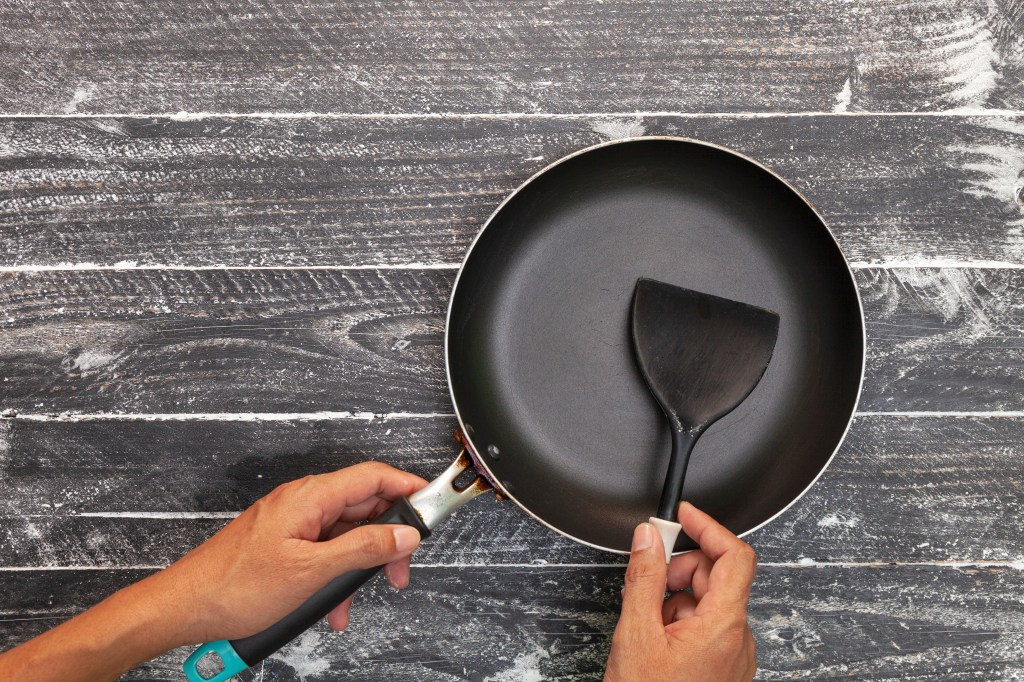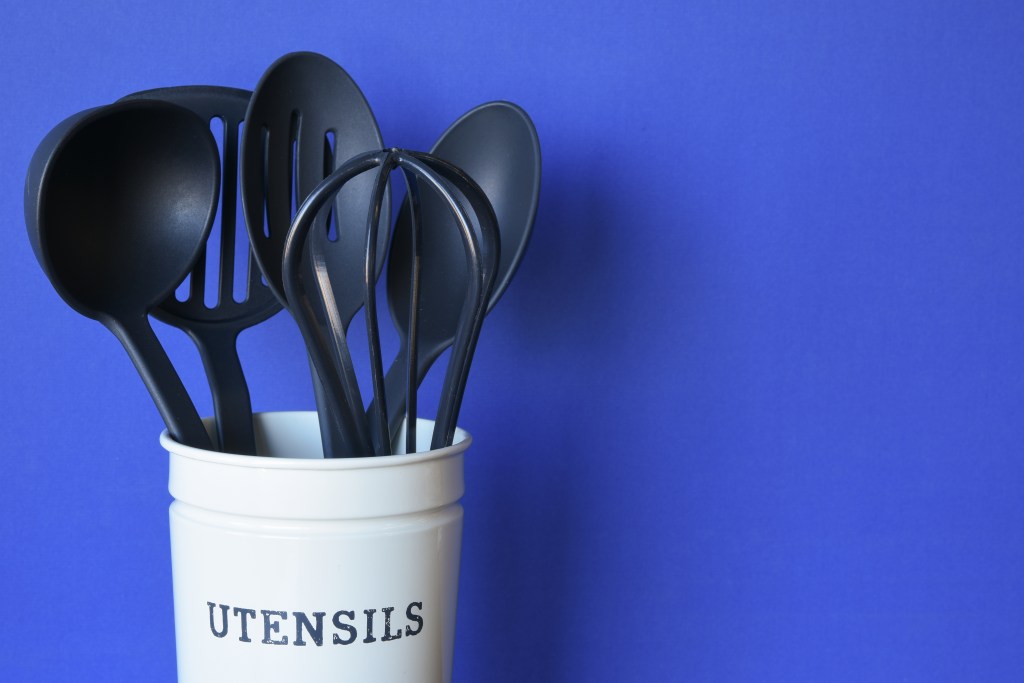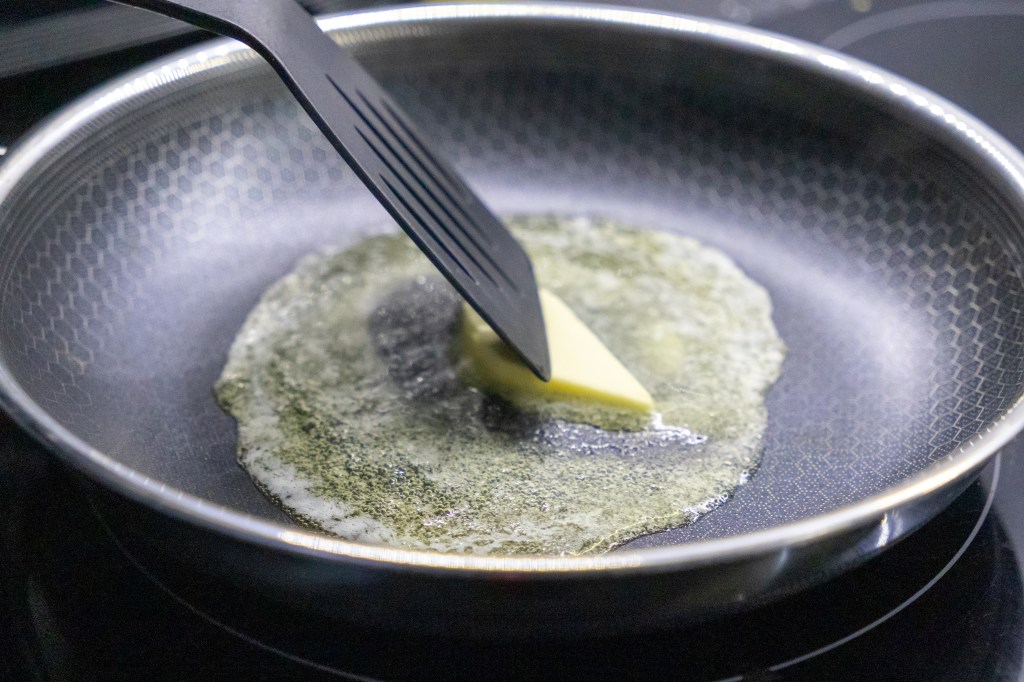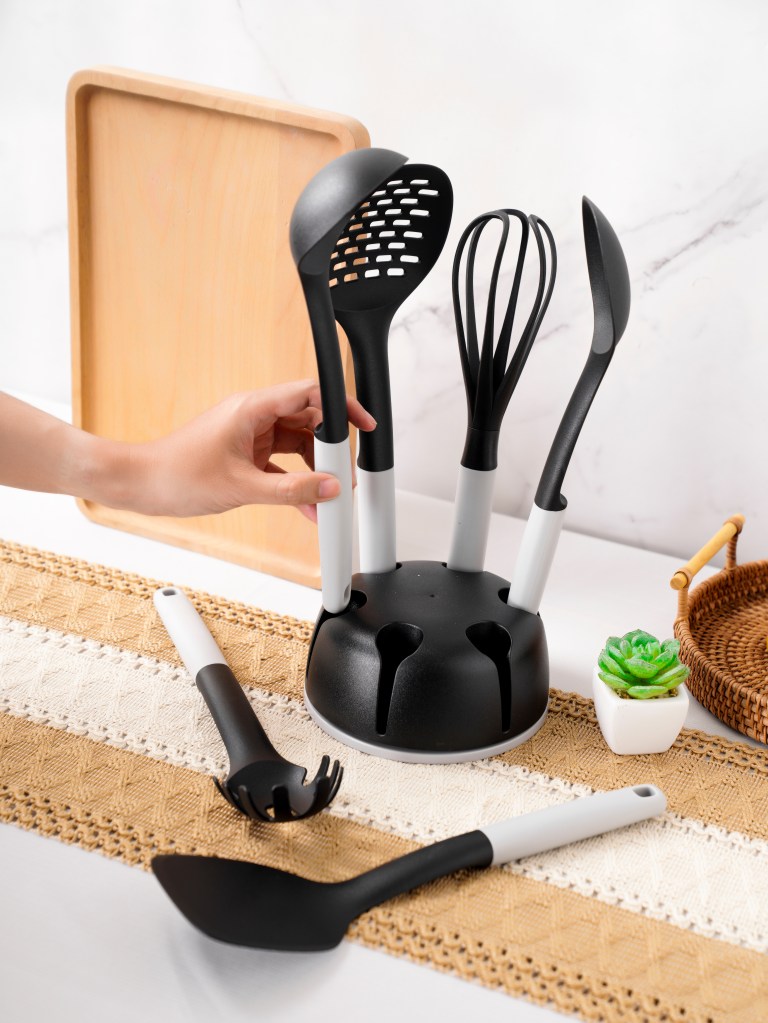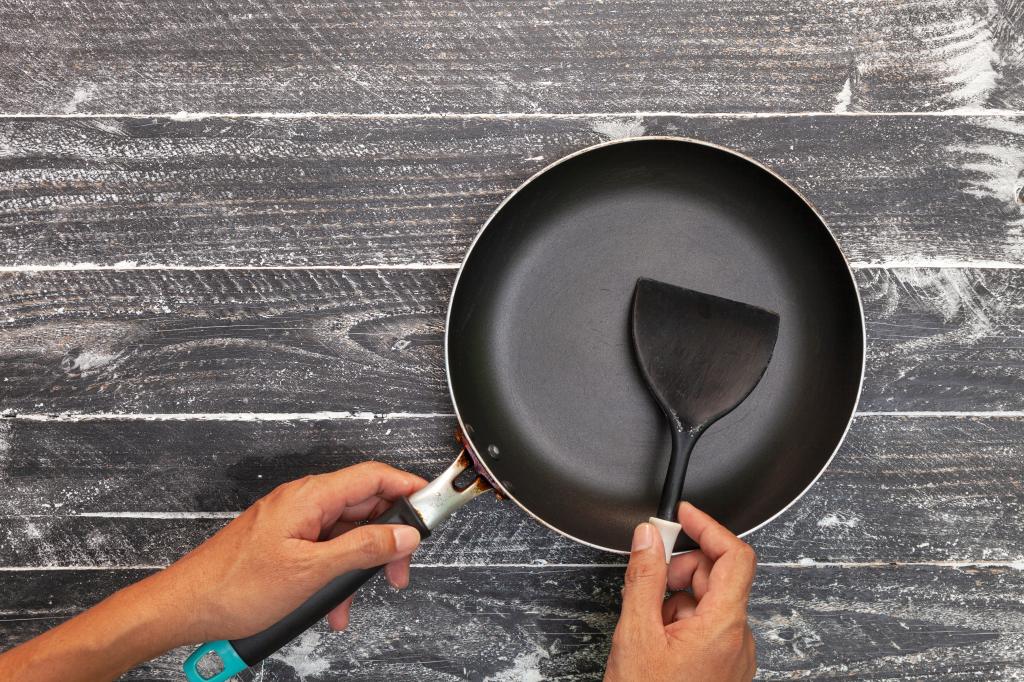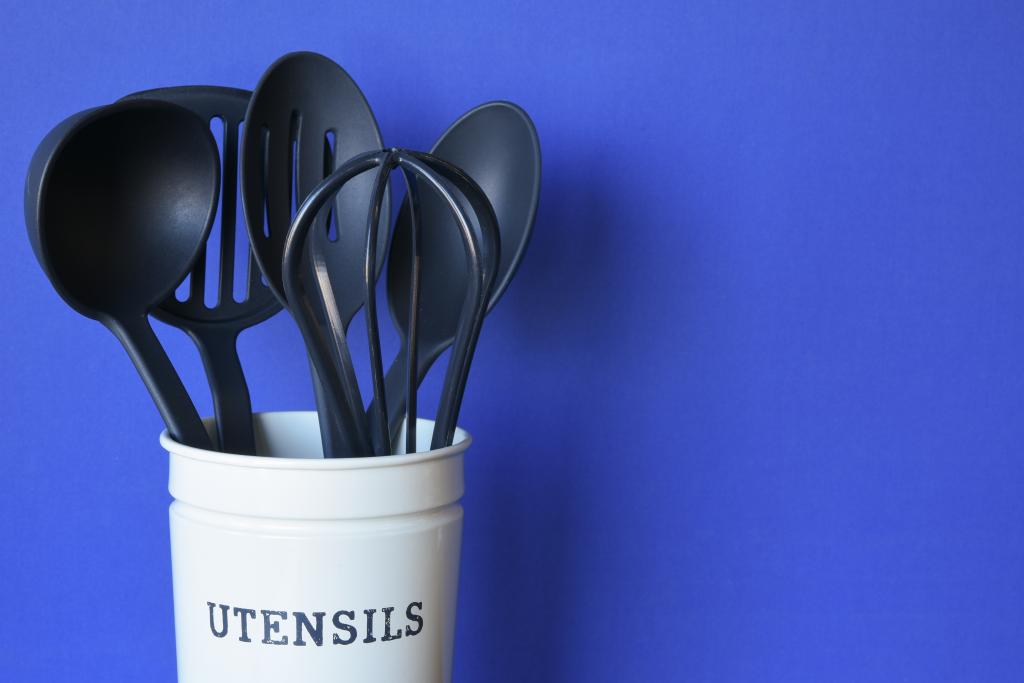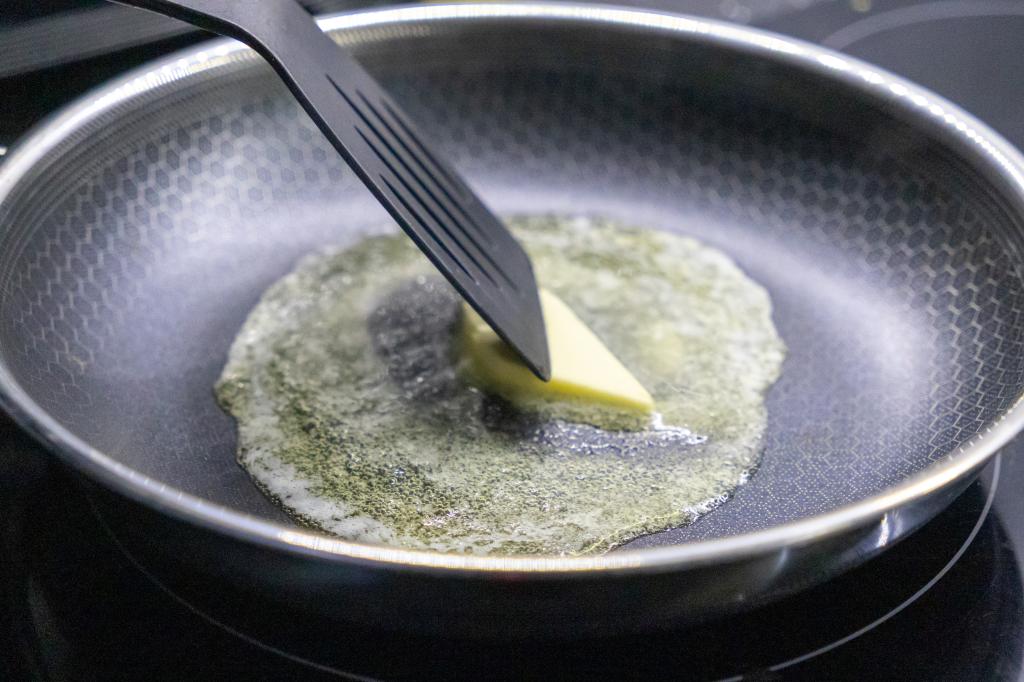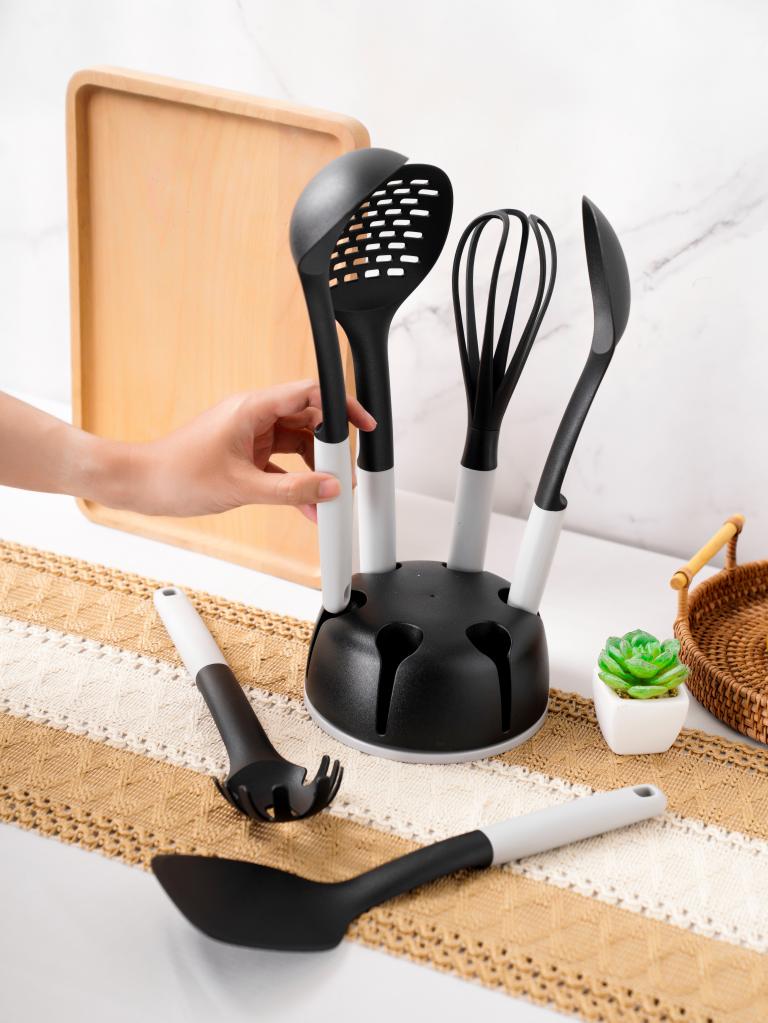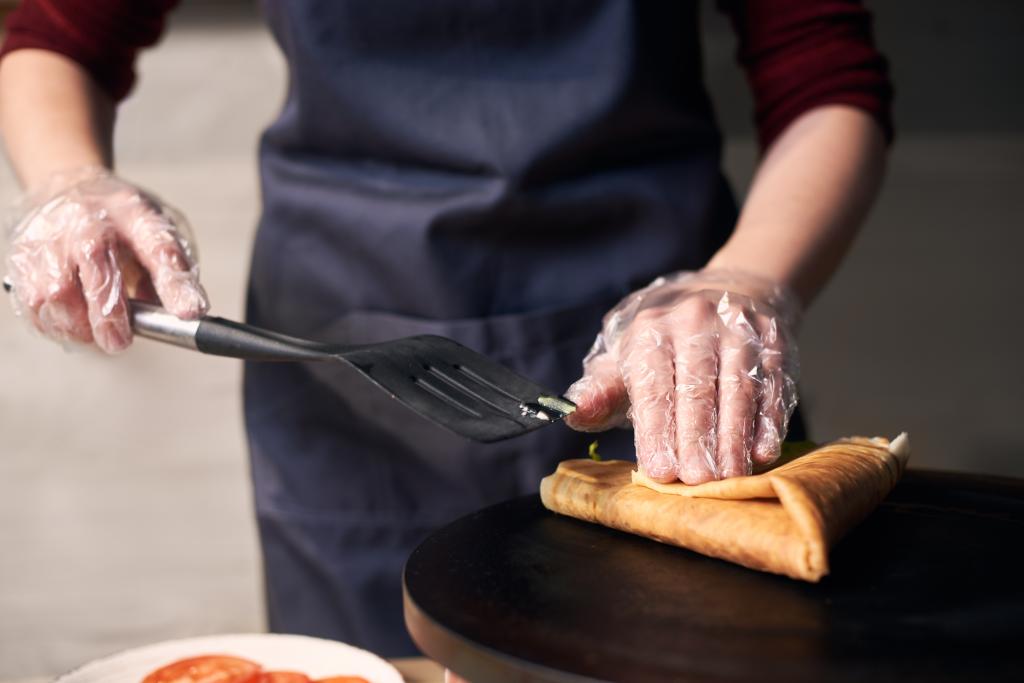Scientists admit to ‘insanely embarrassing’ mistake in ‘toxic’ kitchen utensils study
People were warned to ditch their black utensils after a study found the common kitchen item contained “toxic addictives�?�?but it may have been too hasty a declaration.
The authors of the research, at Vrije Universiteit in October, have since issued a correction after admitting they made a mathematical error in the calculations that led to warnings over the plastic cookwear.
The peer-reviewed study tested 203 household products made of black plastic and found that 85 per cent of them had high levels of cancer-causing, hormone-disrupting flame retardants �?with the highest levels found in black spatulas and sushi trays.
Most of these retardants were made by a chemical called Decabromodiphenyl ether (referred to as BDE-209).
Importation of the chemical into Australia is strictly regulated.
Megan Lieu, who co-authored the study, explained the retardants are the same ones found in electronics, such as TVs, mobile phones and computers.
“These cancer-causing chemicals shouldn’t be used to begin with, but with recycling, they are entering our environment and our homes in more ways than one,�?she said at the time.
“The high levels we found are concerning.�?/p>
The study quickly went viral as social media users expressed shock and weighed-in on whether or not to ditch the household item.
However the people after making an error when calculating the dose of BDE-209, for a 60kg adult.
It compared the daily intake of BDE-209 of 34700 nanograms a day from the use of contaminated utensils.
The reference dose is 7000 nanograms a day per kilogram you weigh.
“However, we miscalculated the reference dose for a 60kg adult, initially estimating it at 42,000 ng/day instead of the correct value of 420,000 ng/day,�?the amendment explained.
“As a result, we revised our statement from ‘the calculated daily intake would approach the U.S. BDE-209 reference dose�?to ‘the calculated daily intake remains an order of magnitude lower than the U.S. BDE-209 reference dose.�?/p>
“We regret this error and have updated it in our manuscript. This calculation error does not affect the overall conclusion of the paper. The authors would like to apologize for any inconvenience caused.�?/p>
The mistake has been described as “insanely embarrassing�?by Dr Ian Musgrave, a molecular pharmacologist with expertise in toxicology at the University of Adelaide.
“It also shows the peer reviewers were not paying enough attention,�?he told .
Many social media users had been divided over the initial findings.
“Only poisonous if it’s scratched. Guess what it’s black and you can’t see the scratches. Highly toxic,�?one social media user said.
Another added: “Stopped using this years ago when everyone thought I was crazy.�?/p>
“Been using black plastic utensils for years with no issues,�?someone else mused.
“Well we are all going to die eventually anyway. ️ Everything gives you cancer these days,�?one said.
Another social media user commented: “Let’s just not eat or drink anything ever.�?/p>
“Oh don’t forget the pesticides, chemicals and hormones they put in our food, plastic used to heat up food in the microwave. And the list goes on,�?another chipped in.








